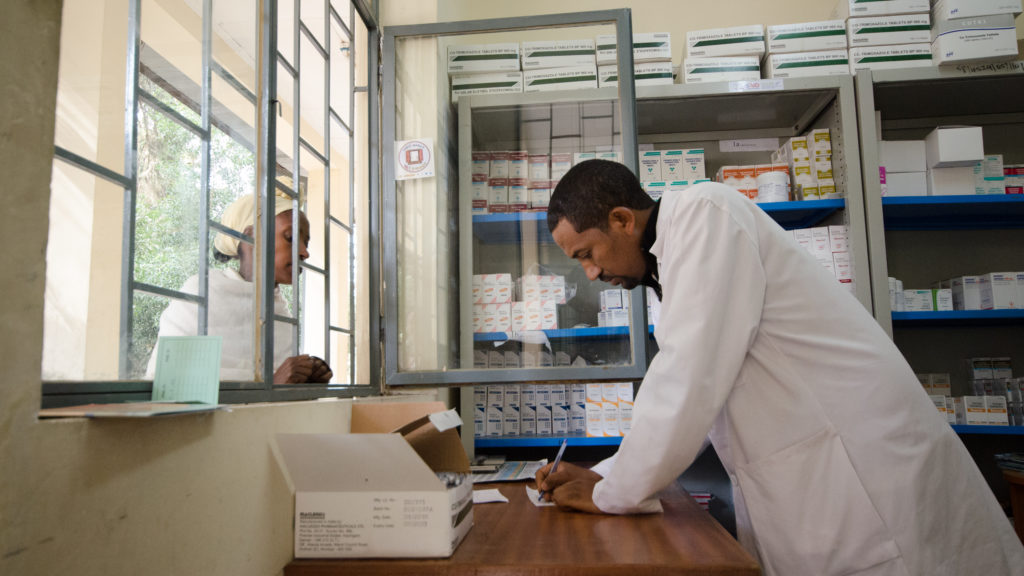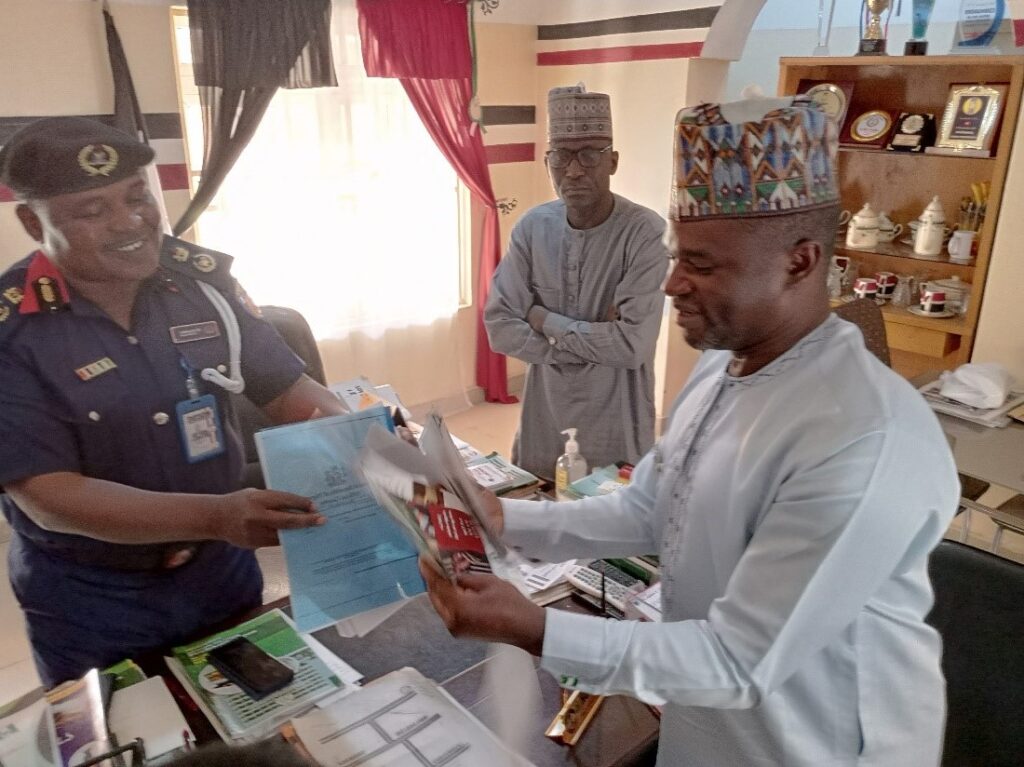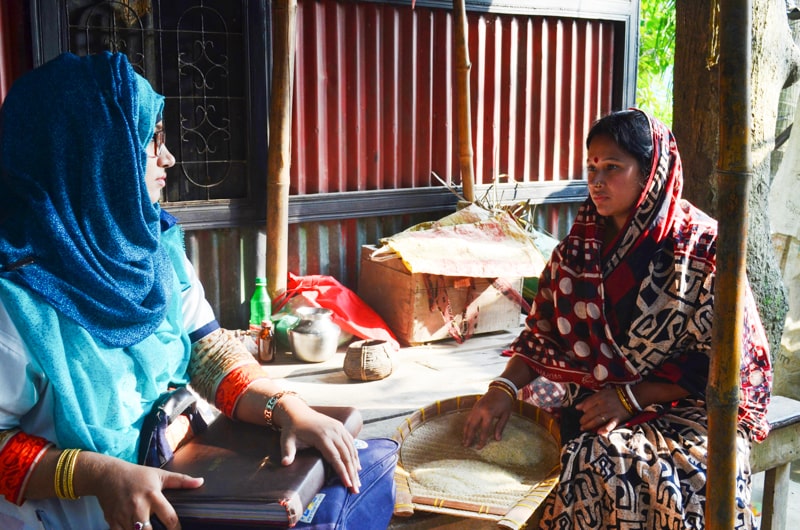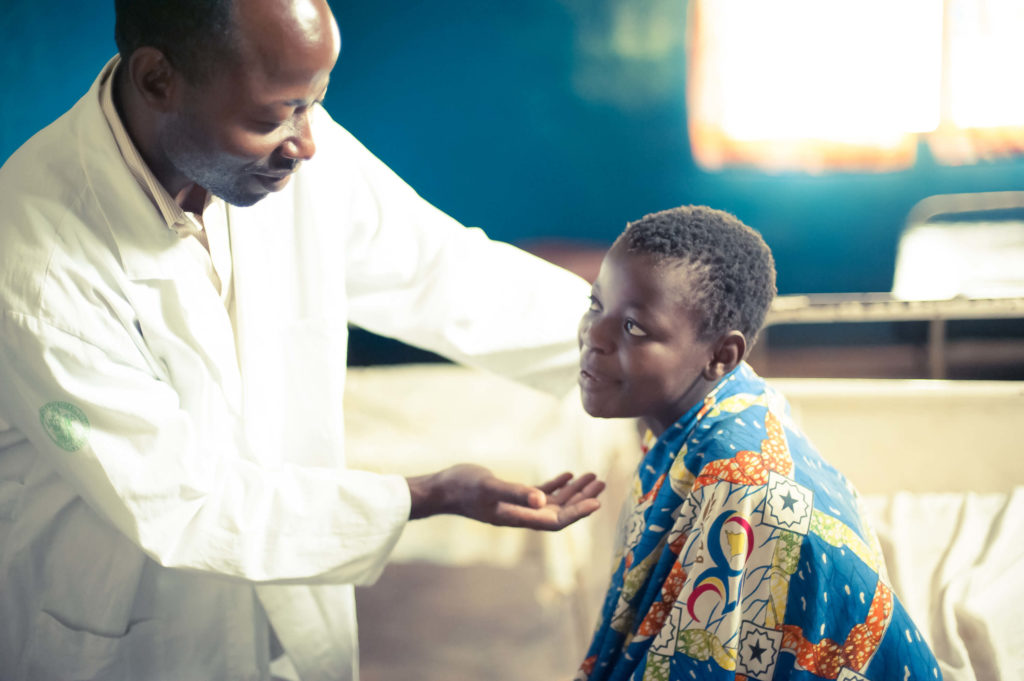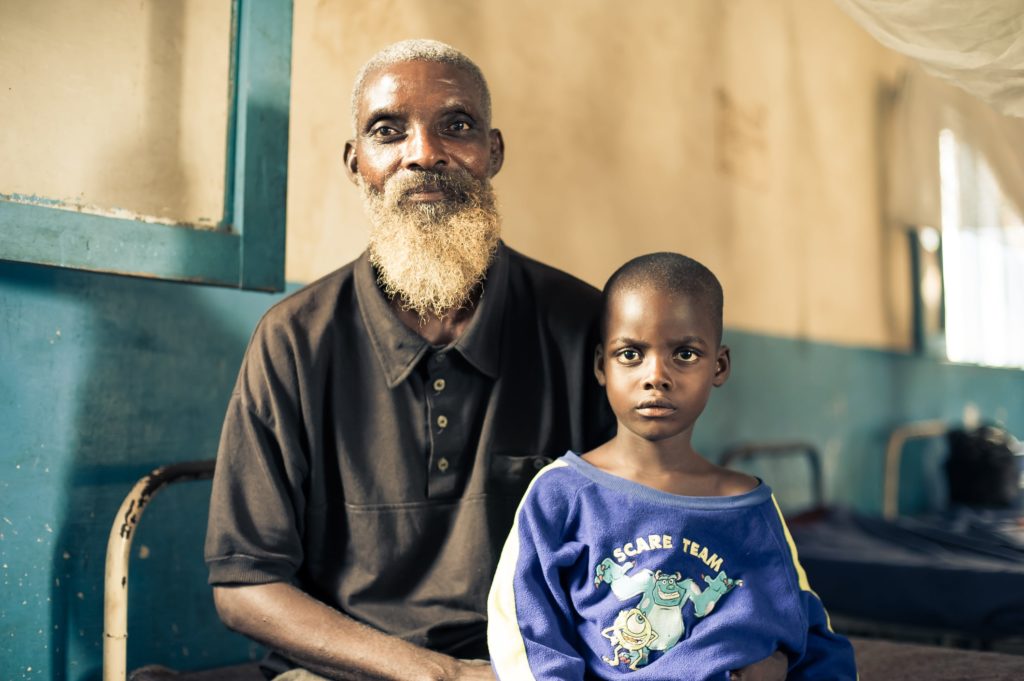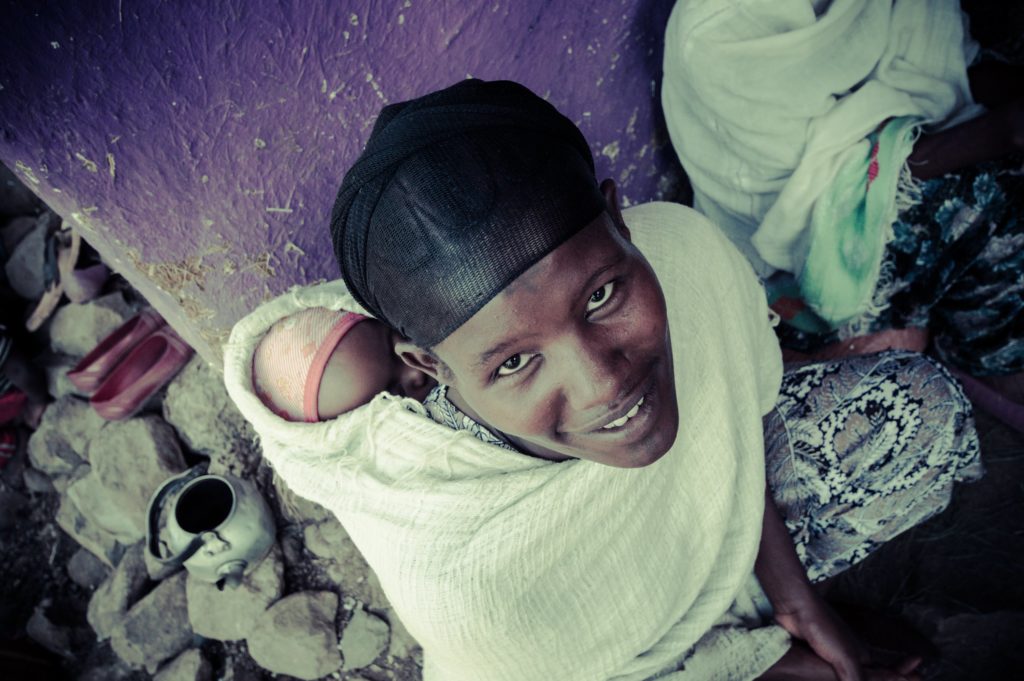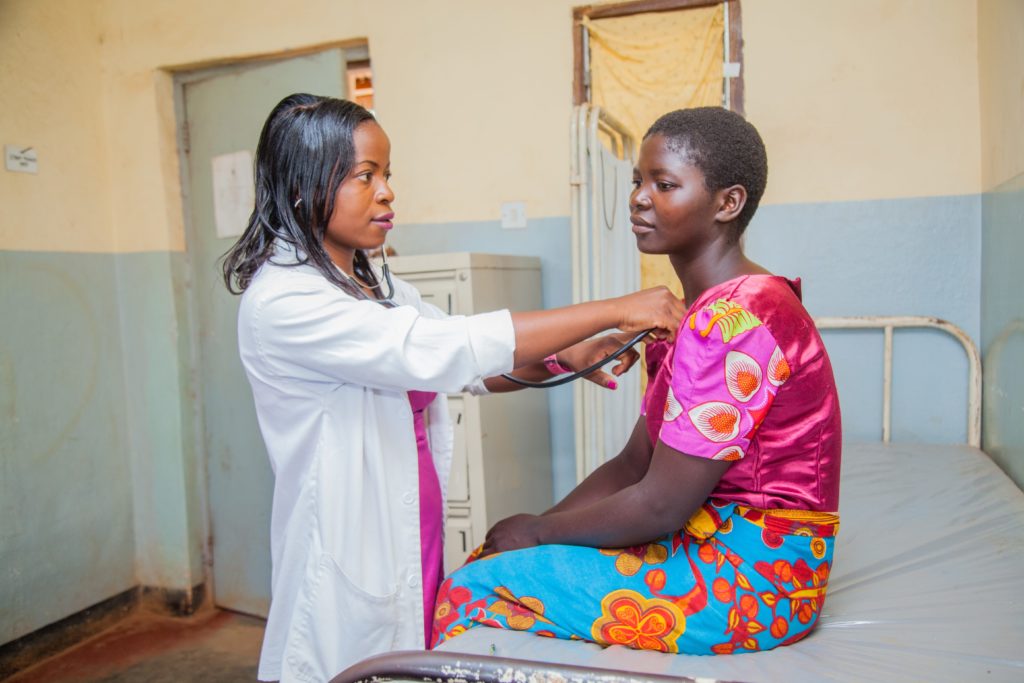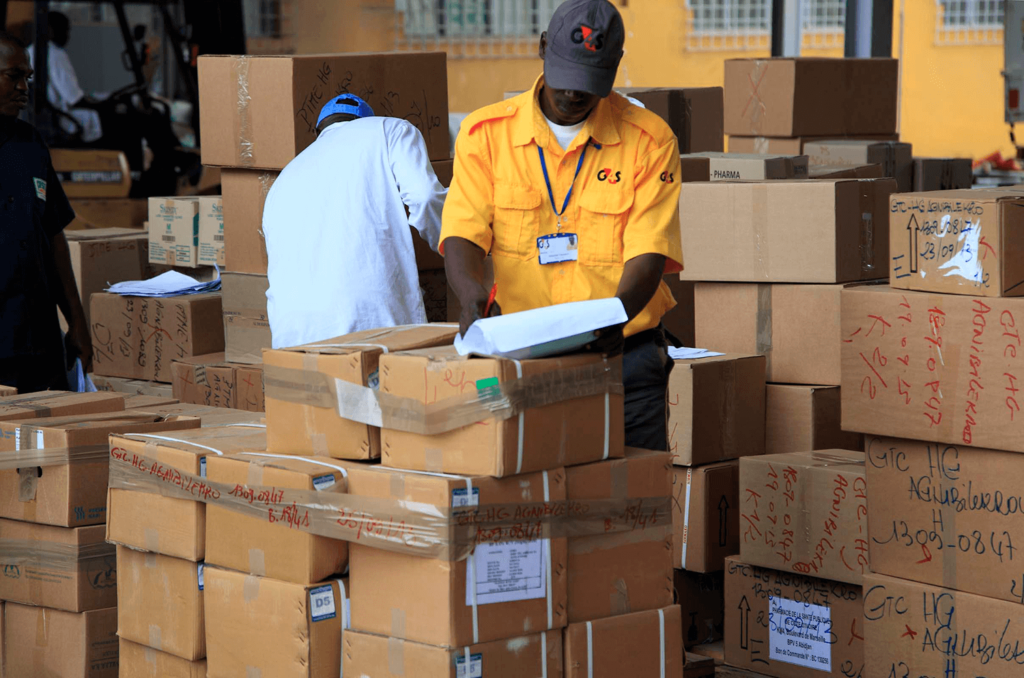Democratic Republic of the Congo
Democratic Republic of the Congo
In Democratic Republic of the Congo (DRC), we have demonstrated our ability to strengthen health systems in fragile states where years of conflict have significantly weakened the health system.
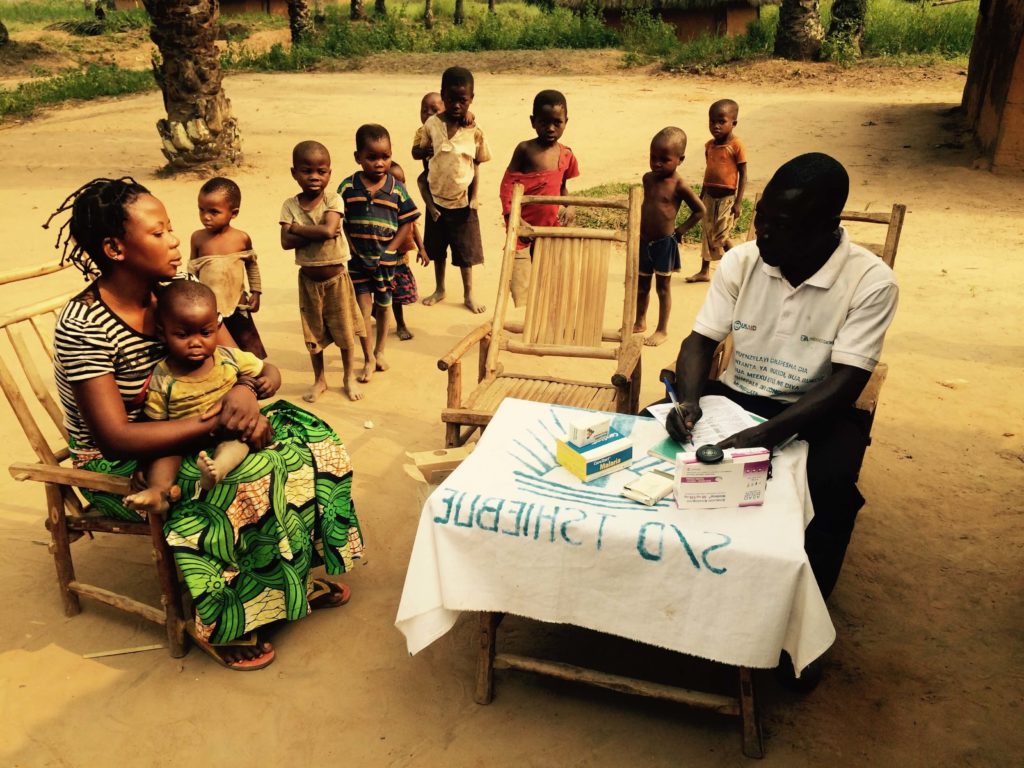
Integrated Community Case Management in DRC
DRC has one of the world’s highest rates of child mortality. A large portion of its population lives in rural communities, beyond the reach of the country’s public health system. Through the USAID-funded Integrated Health Project Plus (IHPplus), we increased the availability of health services via integrated community case management. In villages where the closest facility was several miles away, we recruited volunteer residents and enlisted public health facility nurses to train them as community health workers. Volunteers learned how to recognize signs of common diseases, triage patients for care, and dispense medications. Our programmatic work contributed to the availability of health services for more than 800,000 people living in hard-to-reach villages—among them over 160,000 children under five.
Overview
We have worked at the grassroots level to support the most basic interventions in rebuilding DRC’s health system. We have worked at the grassroots level to support the most basic interventions in rebuilding DRC’s health system. Through our integrated health projects, we helped improve health services for more than 31 million people, most notably in maternal, newborn, and child health; family planning; water, sanitation, and hygiene; malaria; HIV and AIDS; and TB. In addition, DRC has built its capacity to expand access to medicines in remote locations and train hospital personnel in pharmaceutical use, thereby becoming more fiscally responsible and self-reliant.
At the heart of our strategy has been outreach to providers, health authorities, community organizations, and families. By mobilizing volunteer community health workers in 78 health zones, we were able to cover more ground, deliver health services to people in hard-to-reach villages, and train health workers, saving more than 800,000 lives. We helped regulate the process for the transparent procurement and registration of medicines and are working to strengthen systems and practices for infection prevention and improved antimicrobial stewardship among health workers.
Empowerment Builds Capacity for Stronger, Healthier Communities
60 years on! Pharmacovigilance continues to contribute to maternal and newborn safety
Job Opportunities in the DRC
Join us as we help solve the world’s public health challenges through innovation, dedication, and technical excellence. We are looking for talented, passionate people to join us—as employees, consultants, and interns—in advancing our mission to save lives and improve the health of the world’s poorest and most vulnerable people.

